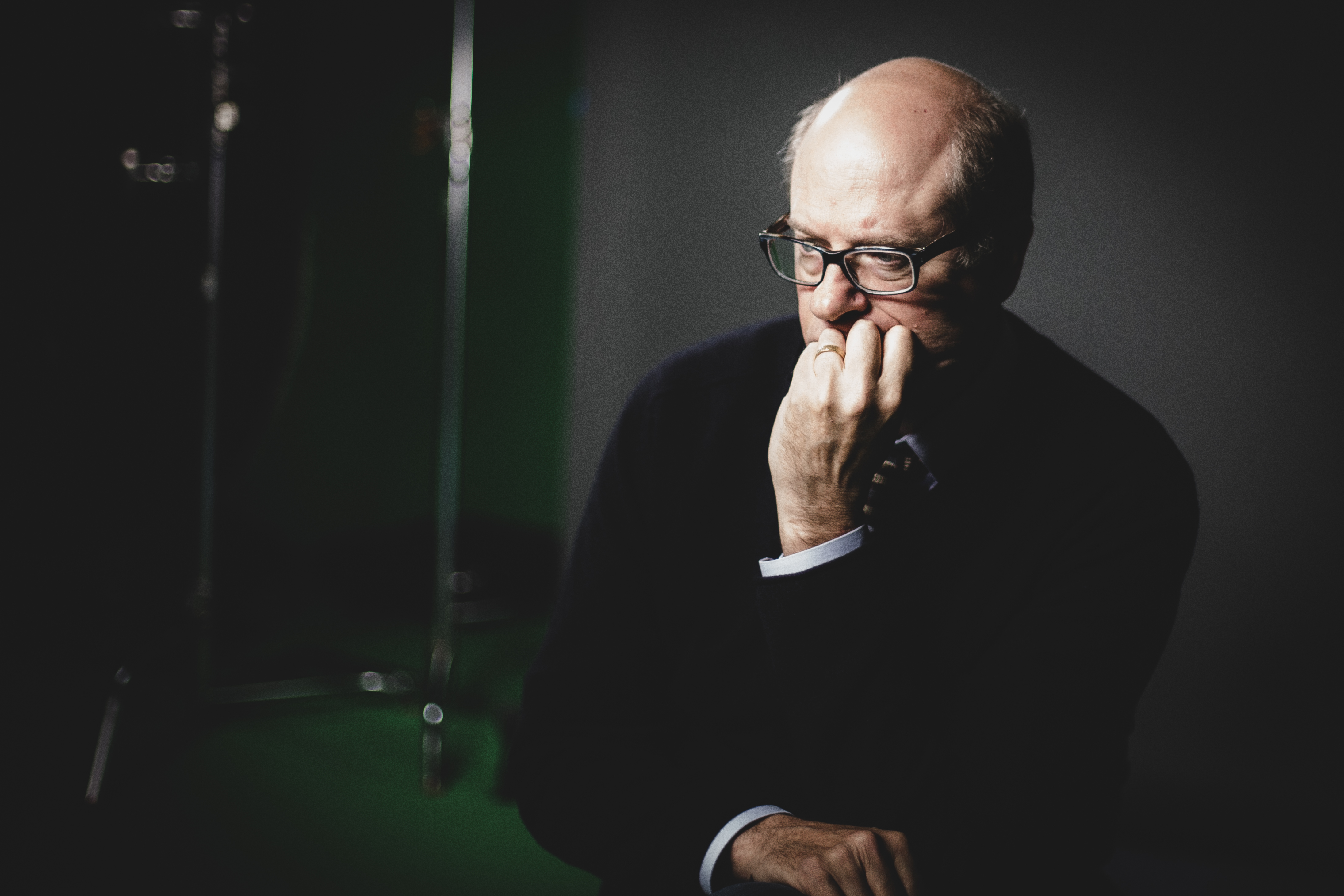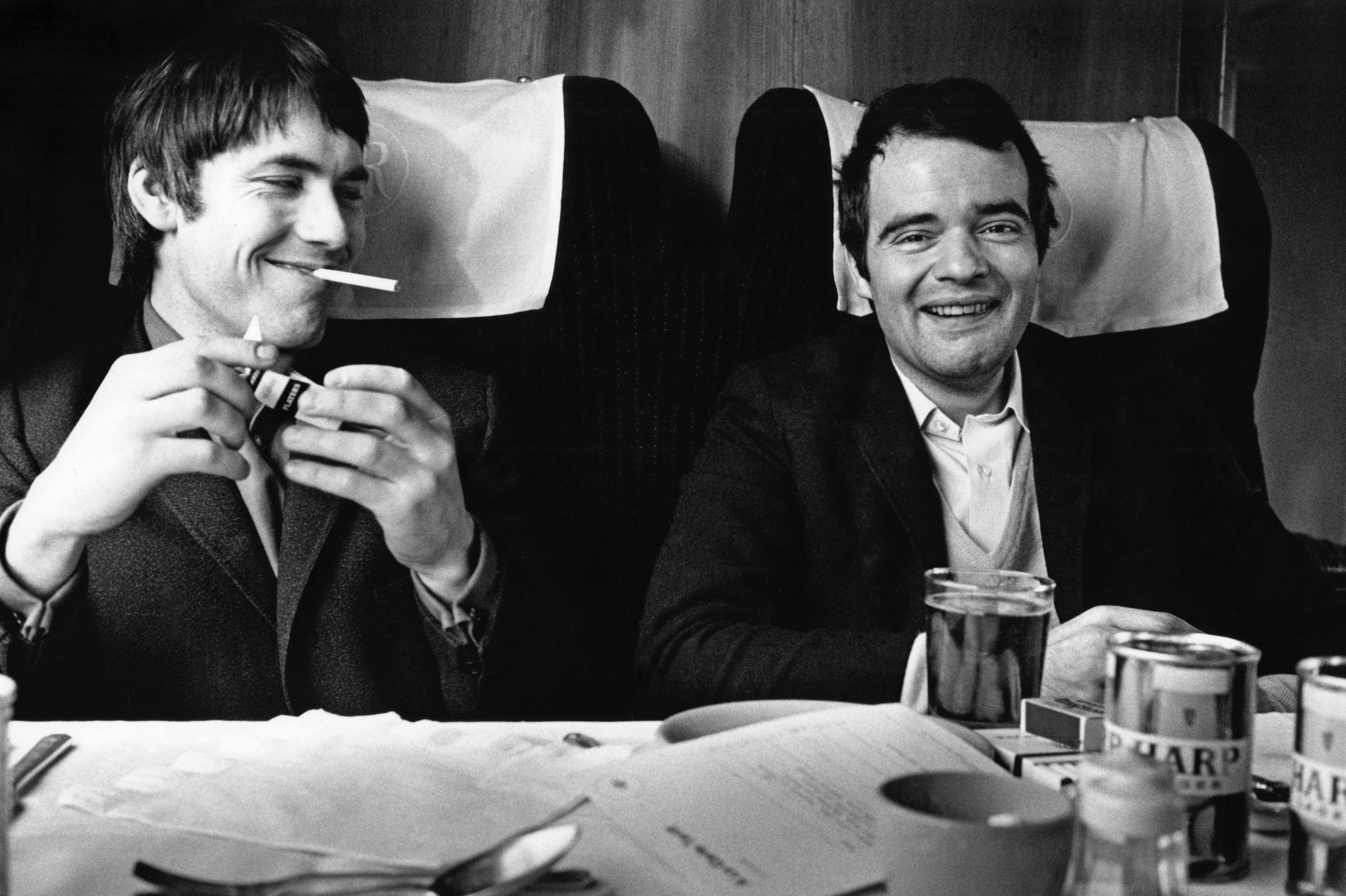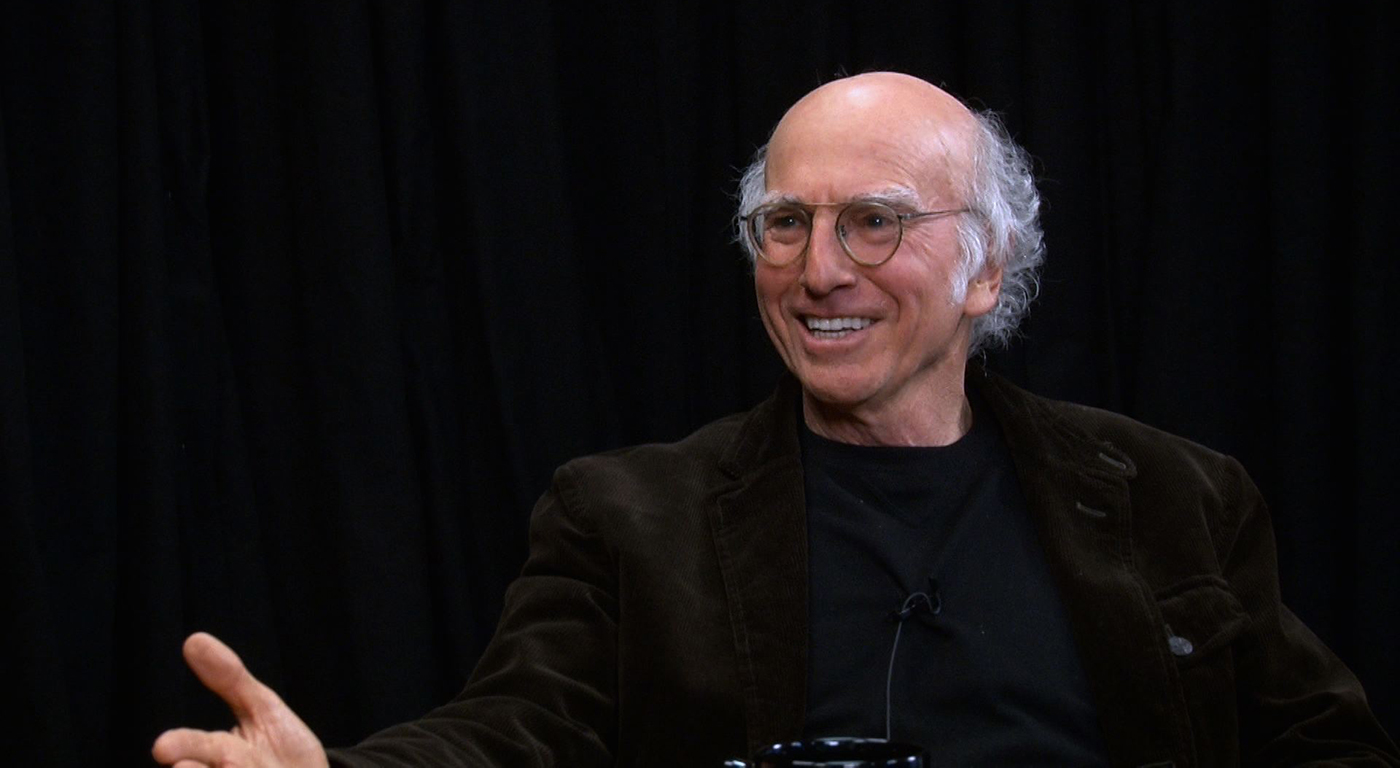When Todd Solondz unleashed adolescent nebbish Dawn Weiner on an unsuspecting public in Welcome to the Dollhouse, audiences laughed at the cruelties heaped on the hapless social pariah but never lost their connection to her—there was always that part, however small, we identified with. It’s unlikely audiences will have much to hang onto in Happiness, his latest archeological expedition into the dark places of American culture.
Happiness
directed by Todd Solondz
starring Phillip Seymour Hoffman, Jane Adams
starts Friday at the Neptune
With a tastefully aloof style and smoothly bland art direction, accompanied by an intrusive mix of Muzak-mellow music and syrupy pop songs, Solondz slathers this slick study in loneliness and urban alienation with irony both artful and obvious. It plays like a postmodern sitcom with a sadistic streak. For a few brief scenes he loves his characters, but for the balance of the film they’re simply targets for his glib satirical potshots.
His prime mark is Joy (Jane Adams) a wimpy would-be folksinger whose good intentions are constantly slapped back in her face—her meaningful “career change,” teaching the underprivileged, turns out to be a scab teaching gig where she endures the taunts of spitting strikers and the spite of her ungrateful students. She’s the tender, taunted soul of the family, which includes two sisters, one a blithely insulting, shallow housewife constantly one-upped by the other, an egotistical, self-centered poet, and their whining, hysterical mother and blunt, unfeeling father. But Solondz also delivers a pair of truly difficult, demanding characters: desperately lonely loser Allen (Phillip Seymour Hoffman of Boogie Nights) who acts out his sexual frustrations by telephone-stalking (followed by a quick bit of self gratification in a gooey moment that one-ups There’s Something About Mary) and the father, Bill (Dylan Baker), whose paternal perfections are undercut by his perversions: He molests little boys. As it turns out, he’s the most sympathetic character in the film.
The effect seems calculated for controversy. I’d like to think Solondz resorts to taboos as a way of reaching his audience in an increasingly numbing media, to celebrate the little moments of connection in the midst of this misanthropic nastiness. A discomforting father-son talk peppered with references to penis size and ejaculation engineered to drive an audience to giggly discomfort is transformed into a tender, sensitive moment of generational bonding. A pair of lonelyhearts slow-dance to the gooey strains of Air Supply’s “All Out of Love.” For these moments Solondz opens a window onto character and allows the audience to look into something we can briefly identify with.
Would that he give as much dignity to the rest of his characters. Happiness is a darkly, at times hilariously funny film, but it’s a hollow, cruel humor. People will talk, most assuredly, but will they feel anything?







